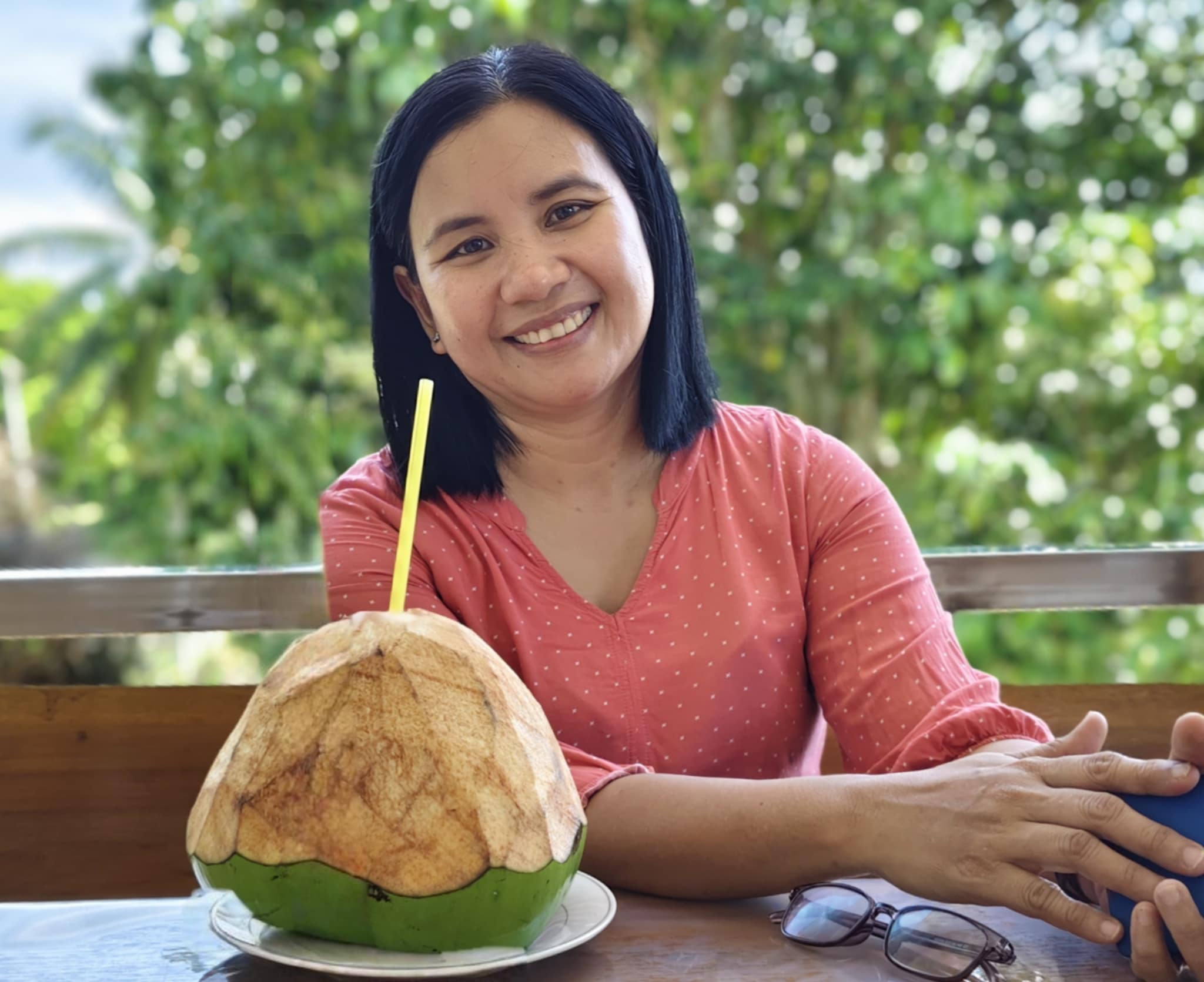Sensory Attributes and Quality Control Properties of Pasteurized Coconut Water from Malita, Davao Occidental, Philippines
DOI:
https://doi.org/10.59120/drj.v16i2.404Keywords:
Coconut water, Pasteurized, Sensory attributes, Quality controlAbstract
This study examined the sensory attributes and quality control properties of pasteurized coconut water. The study utilizes a quantitative research design. It presented five formulations corresponding to five treatments: Treatment 1 consists of 100% mature coconut water; Treatment 2 is a 75:25% blend of mature and young coconut water; Treatment 3 is a 50:50% blend of mature and young coconut water; Treatment 4 is a 75:25% blend of young and mature coconut water; and Treatment 5 is composed of 100% young coconut water. Sensory attributes were assessed using a research questionnaire adopted for this purpose. The quality control parameters were determined using an 1800-UV spectrophotometer for absorbance, a pH meter to measure pH levels, and a refractometer to determine total soluble solids. Additionally, titratable acidity was measured using a titration technique. The results indicated that treatment 5 received the highest rating for appearance. Treatment 2 garnered the highest ratings for odor, while treatment 2 also achieved the highest score for taste. Treatment 3 received the highest rating for general acceptability. Significant differences were observed between treatments in terms of appearance, taste, and general acceptability, highlighting consumer acceptability for different coconut water blends. In terms of quality control properties, treatment 3, with the highest acceptability, had a pH of 5.2, a total soluble solid content of 25° Brix, a titratable acidity of 0.178, and an absorbance of 0.04 (A.U.). All treatments demonstrated excellent sensory attributes.
Metrics
Downloads

Downloads
Published
Issue
Section
License
Copyright (c) 2025 Ikearl Jane B. Pahilangco, Artemio Paz, Elcir Doanne F. Escalante, Leonel P. Lumogdang

This work is licensed under a Creative Commons Attribution-NonCommercial 4.0 International License.
DRJ is an open-access journal and the article's license is CC-BY-NC. This license allows others to distribute, remix, tweak, and build on the author's work, as long as they give credit to the original work. Authors retain the copyright and grant the journal/publisher non-exclusive publishing rights with the work simultaneously licensed under a https://creativecommons.org/licenses/by-nc/4.0/.





